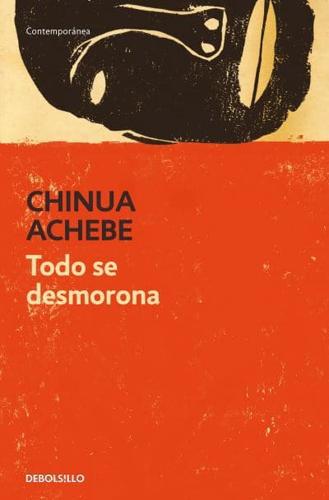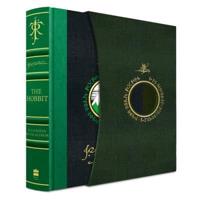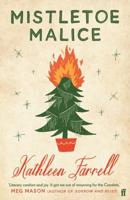Publisher's Synopsis
La novela poscolonialista por excelencia: una de las grandes obras del siglo XX.
La tragedia personal y colectiva de un poderoso guerrero Ibo que ve cómo todo su mundo se viene abajo con la llegada del hombre blanco.
Okonkwo es un gran guerrero, cuya fama se extiende por todo el África Occidental, pero al matar por accidente a un prohombre de su clan es obligado a expiar su culpa con el sacrificio de su hijastro y el exilio. Cuando por fin puede regresar a su aldea, la encuentra repleta de misioneros y gobernadores británicos. Su mundo se desmorona, y él no puede más que precipitarse hacia la tragedia.
Esta apasionada parábola sobre un hombre orgulloso que, desamparado, presencia la ruina de su pueblo fue publicada en 1958, y desde entonces ha vendido más de diez millones de ejemplares en cuarenta y cinco idiomas.
ENGLISH DESCRIPTION
"A true classic of world literature . . . A masterpiece that has inspired generations of writers in Nigeria, across Africa, and around the world." -Barack Obama
"African literature is incomplete and unthinkable without the works of Chinua Achebe." -Toni Morrison
Nominated as one of America's best-loved novels by PBS's The Great American Read
Things Fall Apart is the first of three novels in Chinua Achebe's critically acclaimed African Trilogy. It is a classic narrative about Africa's cataclysmic encounter with Europe as it establishes a colonial presence on the continent. Told through the fictional experiences of Okonkwo, a wealthy and fearless Igbo warrior of Umuofia in the late 1800s, Things Fall Apart explores one man's futile resistance to the devaluing of his Igbo traditions by British political andreligious forces and his despair as his community capitulates to the powerful new order.
With more than 20 million copies sold and translated into fifty-seven languages, Things Fall Apart provides one of the most illuminating and permanent monuments to African experience. Achebe does not only capture life in a pre-colonial African village, he conveys the tragedy of the loss of that world while broadening our understanding of our contemporary realities.








